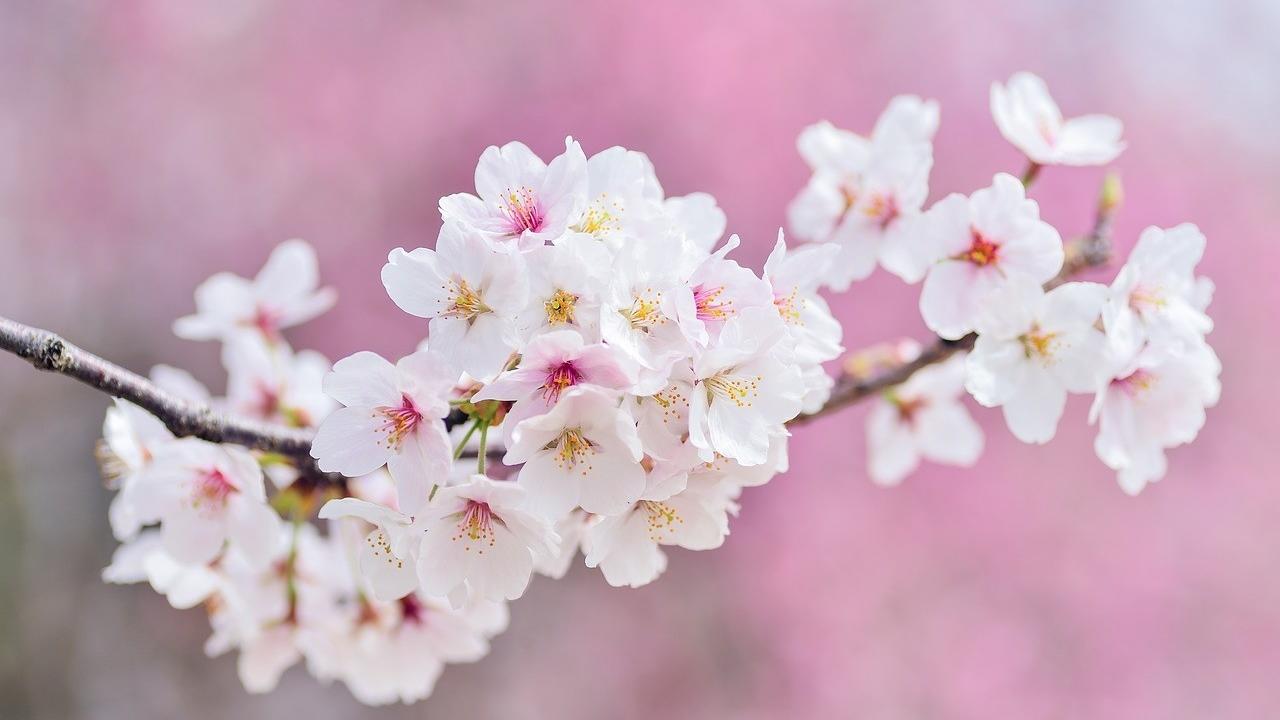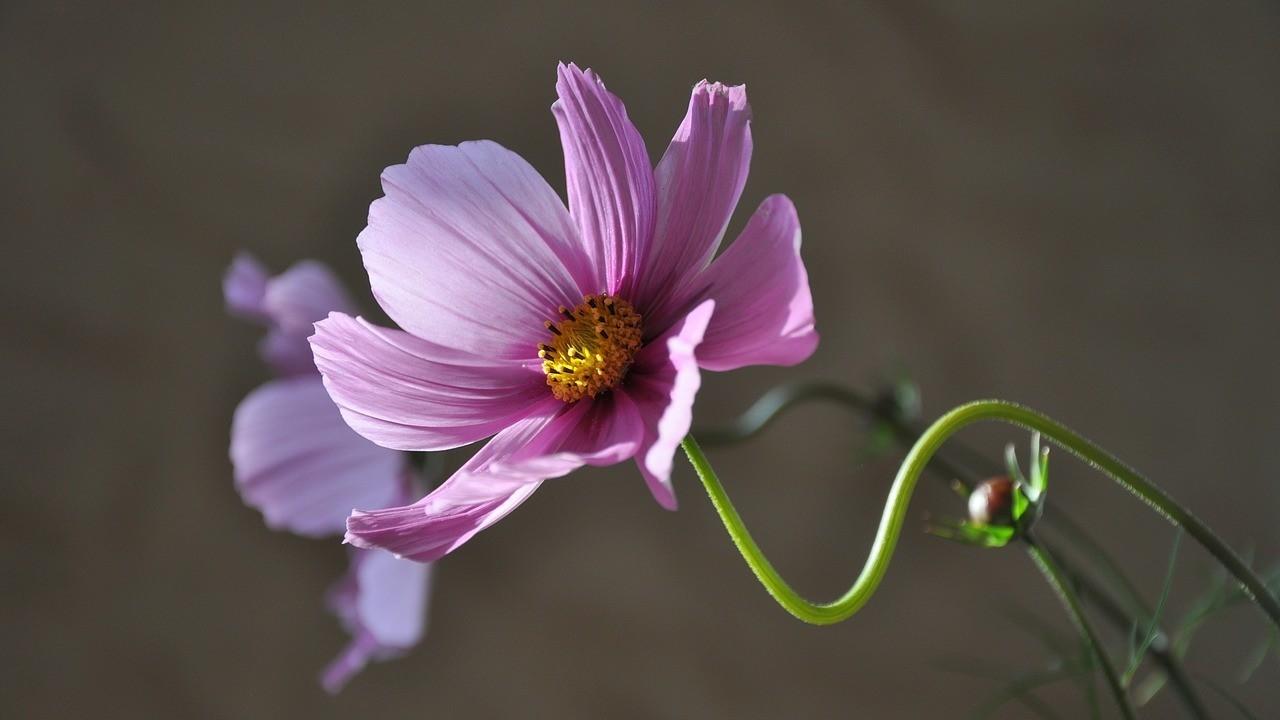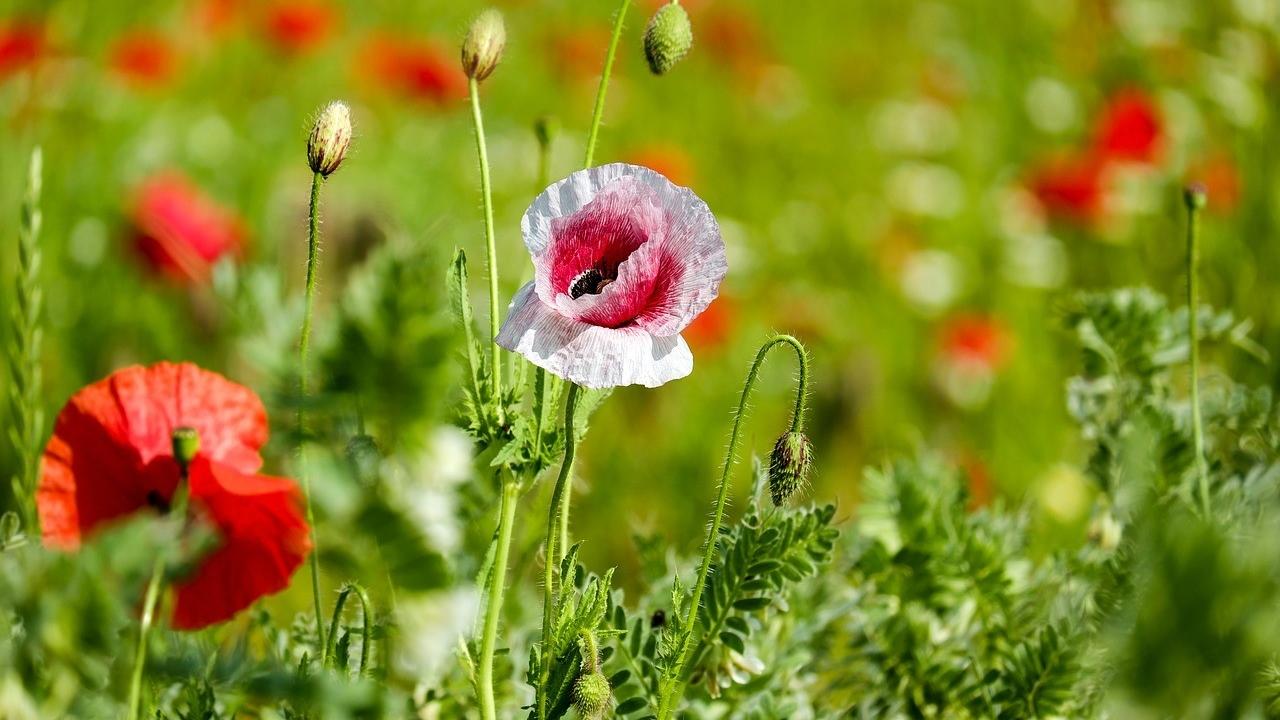Blog
Establish your baseline (DW#686)

If you are still sceptical about how something as simple as breathing properly can impact your overall wellbeing, there is a simple way to measure and monitor your wellbeing before starting a breathing regimen and then again, a couple of weeks after.
Vranich Belisain Breathe: 14 Days to Oxygenating, Recharging and Fuelling Your Body and Brain suggests scaling the following on a scale from one to ten.
1. Stress level. On a scale of 1 to 10, where is your stress level right now? Note if it is normally this high or is it higher at present for some reason? The stressors do not really matter that much – just note a number on your subjective stress scale
2. Pain. If you are experiencing pain of any type, put a number to it. 1 being no pain, 5 being tolerable and 10 being intense or acute.
3. Energy level. Although your energy level obviously fluctuates throughout the day, put a number to the average energy level these days. 1 being no energy and 10 being bouncing off the walls energy
4....
Notice the impatience (DW#683)

When you are stuck in traffic (or in the s.l.o.w.e.s.t line at the grocery store), how do you react? If all you can think of is how much of your time is being wasted and why cannot everyone just hurry up and get out of your way, then you need to know something.
Impatience like this speeds up your pulse, your blood pressure rises and your breath becomes shallow. Short, shallow jerky breaths in turn compound your frustration because your body is not getting enough oxygen.
And because it takes time to calm down from such impatience, the quality of your life during this time is greatly impacted. Impatience has caused you to lose a great deal in terms of health, wellbeing and lifespan. In other words, by being frustrated about the loss of your time you have ended up losing more time in a way.
Yikes.
Learning to breathe intentionally in situations like this can provide a valuable alternate to the biological alarm and fight/flight response.
As soon as you notice your impatience, take it ...
The three golden rules of breathing (DW#676)

Over the weekend did you complete the ‘noticing your breath’ assignment? Have you been noticing your breath? What have you noticed?
Do you breathe through your mouth or your nose? (Many people breath thru their mouth. Look around and/or in the mirror. Notice yourself and others. How many mouths do you see open?)
Do you breathe deeply (and calmly) into your belly? (For many of us the breath stops at the chest, especially if we breathe through our mouths.)
How long is your exhale compared to your inhale? (If we are stressed, we gasp for air without emptying out our lungs fully)
Here are the three basic rules for breathing:
1. Breathe through your nose. All the time, even when exercising.
2. Breathe deep into your belly
3. And exhale slightly longer than you inhaled
Let us explore each of these a little more over the next few days.
The first golden rule of self-care (DW#674)

One of the most important things to know about self-care is that it is individual. Your needs and my needs are different. What works for me may not work for you.
However, while there is no "one-size-fits-all" self-care plan that you can simply download and adopt, it is a good idea to attend to wellness in all the various domains of our lives.
Here are the various domains that need our attention:
Physical
Mental and intellectual
Emotional
Social
Vocational
Spiritual
So, let’s do a quick check in: how are you doing in these domains of your life? Chances are that you will be better at taking care of yourself in one area than others. Some of us are great at exercising but have a challenge with connecting to others. Others may be great at keeping their relationships strong but struggle to eat well or sleep properly.
If we can attend to the hitherto neglected areas of our lives and take baby steps in this area, we will see a big impact in our wellbeing.
Self-care and resilience (DW#673)

Have you ever wondered why some people seem to remain calm in the face of stress or disaster while others appear to come undone? People that can keep their cool and maintain their balance have what psychologists call resilience, or an ability to cope with problems and setbacks.
Resilience has been defined by the American Psychological Association as "the human ability to adapt in the face of tragedy, trauma, adversity, hardship, and ongoing significant life stressors." To put it very simply, resilience is the ability to "bounce back" from challenges.
Resilience does not mean that you experience less distress, grief, anxiety or external life challenges than other people. It does mean that you can handle such difficulties in ways that foster strength and growth. That you are able to bounce back when you are knocked down and you may even emerge stronger than you were before you encountered the challenge.
The good news about resilience? It is like a muscle that can be developed through ...
Why is it so easy to let go of self-care? (DW#672)

Over the last few days we have been discussing the importance of self-care. From the feedback I am getting from you, it seems that most people agree (at least theoretically) that self-care is vital to thrive at work, at home and in life.
So why is so easy to let go of self-care? When we are stressed or busy, why is taking care of the fundamentals of self-care the first thing we drop from our to-do list? Why is it that we ignore it when we need it the most?
Here are 3 reasons:
1) Because we think about self-care from a distance, as something we are supposed to do and you know it’s important, but we haven’t really thought about it or made an intention to implement this in a regular or structured way.
2) When we are stressed, our perspective narrows and we focus only on the problems at hand. This is not the time that we can think about refueling. We are too busy "doing" to pause or reflect on what we need.
3) We do not have a plan for self-care so there is no context, structure or accoun...
Ignoring yourself is not heroic (DW#671)

A deep-seated belief that many of us have is that there is virtue in self-sacrifice and workaholism.
And our culture glorifies this. The employee who puts in 80-plus hours a week is promoted, the working mother who manages to excel at work and run a perfect home without missing a beat is admired, the husband who works hard for his family without ever taking a day off or getting a hobby is praised as dedicated.
And because we believe that self-sacrifice and ignoring ourselves is best, we feel shame or embarrassment when we feel like we need to do something to recharge or refuel.
And because we don’t want to be we ‘lazy,’ ‘selfish’ or ‘weak’, we ignore the whispers of our bodies, our souls and our hearts that are asking for something different.
We ignore them, that is, until they become loud, screeching sirens telling us that something has broken down. We realize then that we are trying to put on oxygen masks on everyone else while gasping for air ourselves.
Is mama happy? (DW#670)

When my children were growing up, I realised one thing: when I was not at my best, I could not show up and be present and emotionally available for my family. When I had a bad day or when I was tired or depleted, everyone in the house felt the impact. (Sorry guys!)
Self-care and emotional healing, became for me, a valuable parenting strategy. A way to make sure that I took care of myself so that my state of (or lack of) wellbeing did not adversely impact my loved ones.
So remember this: as a parent, it is vital that you take care of yourself and manage your own stuff so that you show up as your best self for your family.
When mama (or papa) is not happy, no one is happy.
Self-care is not selfish (DW#669)

Another myth about self-care is that it is selfish.
They do both contain the word self. But the similarity ends there.
Let’s try and understand the difference.
Selfishness is defined as lacking consideration for others or being concerned chiefly with one's own personal profit or pleasure.
Self-care on the other hand, is about making sure that we are well and healthy so that we are more available to help others. If you cannot take care of yourself, you are no good to anyone else. This is especially important if you are in a caring role for other people.
Self-care, then, involves consideration for others and how we show up for them.
It is far from selfish.
What self-care is not (DW#668)

#Self-care is trending right now. At least the hashtag #selfcare on social media is.
There are countless memes, quotes and Instagram posts shared daily with people in bathtubs and on massage tables, sipping a drink in luxurious surroundings.
With such pictures thrown daily into our consciousness, it is easy to mistake self-care for self-indulgence. And to think that it means we need to indulge in exotic experiences and go on expensive getaways. And while a lot of us would love to treat ourselves in this way, let’s be realistic: few of us have the time or the budget to do so. It is simply not sustainable to take care of ourselves in this way.
And so we tell ourselves that it cannot be done. And so we ignore the sometimes hard and usually not glamorous work of actual self-care. Of doing the simple and mundane things that will fuel us.
Despite what our Facebook or Instagram feed tells us, can we please start thinking of self-care as an ongoing, daily practice rather than an every-once...
